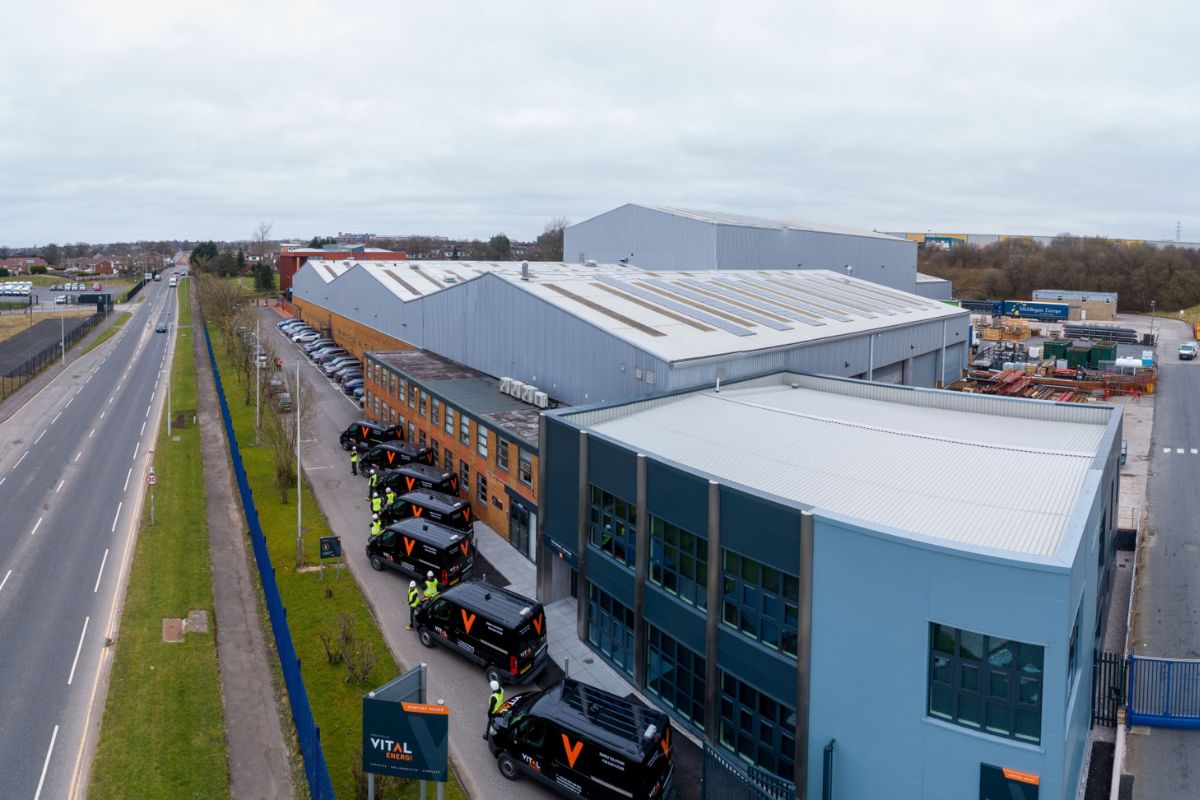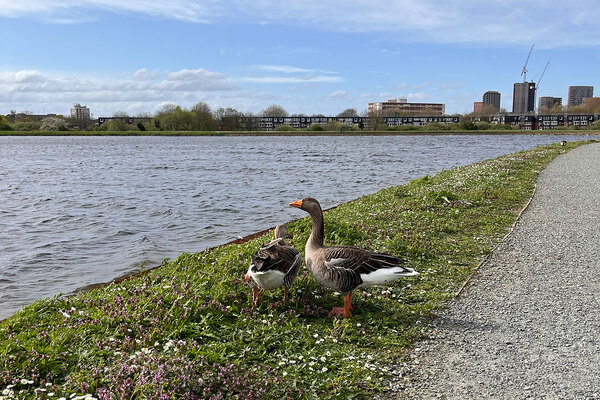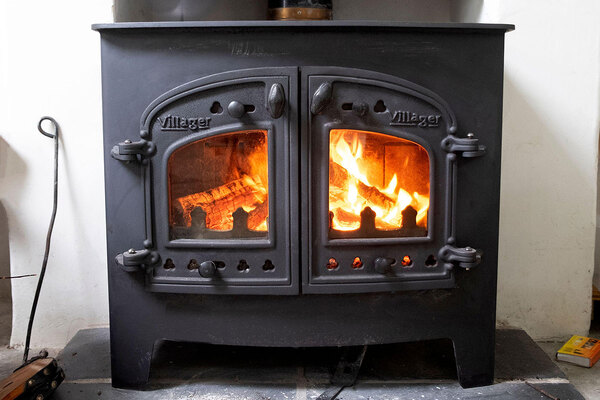Vital Energi commits to become net zero by 2035
Vital Energi has embarked on an ambitious journey to net zero pledging to be fully carbon neutral by 2035, and by reducing actual emissions by 50% from 2020 levels by 2030 without using offsets.
Vital Energi are developing science-based targets to achieve these goals, and have committed to set company-wide carbon reduction initiatives in line with the international Science Based Targets initiative (SBTi) Net-Zero Standard and Business Ambition for 1.5°C.
As well as helping clients across the UK transition to a low carbon future, Vital Energi are taking responsibility for themselves too. Demonstrating a commitment to developing science-based carbon reduction targets demonstrates the measurable actions being taking to reduce environmental impact.
As part of the carbon reduction plan, Vital Energi are currently implementing several steps to accelerate the journey to net zero, including:
- Replacing lights across offices with LED fittings.
- 75% of fleet is electric or hybrid, and this is growing.
- Developing more environmentally conscious means for travel to work and site visits, such as car-pooling, public transport, and promoting digital and remote means of operating where possible.
- Reduced reliance upon fossil fuels for construction sites through exploring more temporary electricity supplies, electrically power plant and/or biofuel blend of fuel for construction site generators, and mobile machinery.
- Site welfare facilities and accommodation powered and heated by renewable energy.
Vital Energi’s sustainability director, Craig Anderson, said:
“By making a bold commitment to achieve net zero well ahead of the 2050 target, we are demonstrating our ongoing commitment to responsible and sustainable operations. As an industry leader in sustainable energy solutions, we recognise that it is important to set ambitious science-based targets to demonstrate to our clients and peers that not only is this the right thing to do but that it is practically and commercially possible.”
The next step for Vital Energi is to further develop a science-based targets and become validated by the SBTi.
Over 2,000 businesses around the world are working with the SBTi, which provides a clearly defined pathway for companies to reduce greenhouse gas emissions, helping prevent the worst impacts of climate change and future-proof business growth. Targets are considered ‘science-based’ if they are in line with what the latest climate science deems necessary to meet the goals of the Paris Agreement, an international treaty on climate change, limiting global warming to well-below 2°C above pre-industrial levels and pursuing efforts to limit warming to 1.5°C



